Case Studies
-
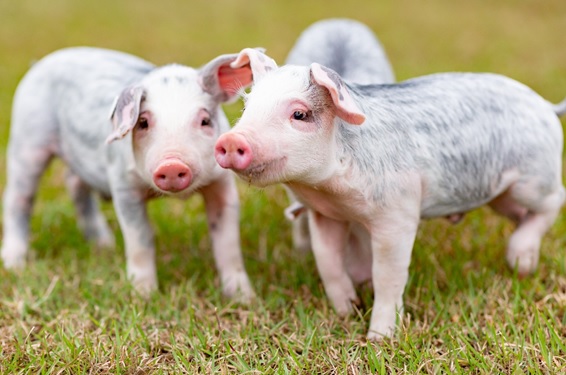
Sustainable and Safe Pig Production
Japan
Okinawa Hokuto Ltd. applies EM Technology for growing pigs and making compost.
See how they reduced ammonia levels and flies. more -
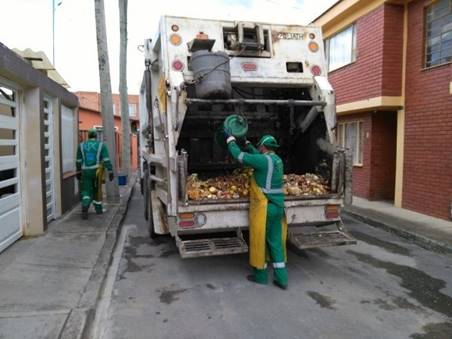
EM for Sustainable Society II
Colombia
See how they continue the cyclic system to reuse the kitchen waste from the residents in Cajica, Colombia. more
-
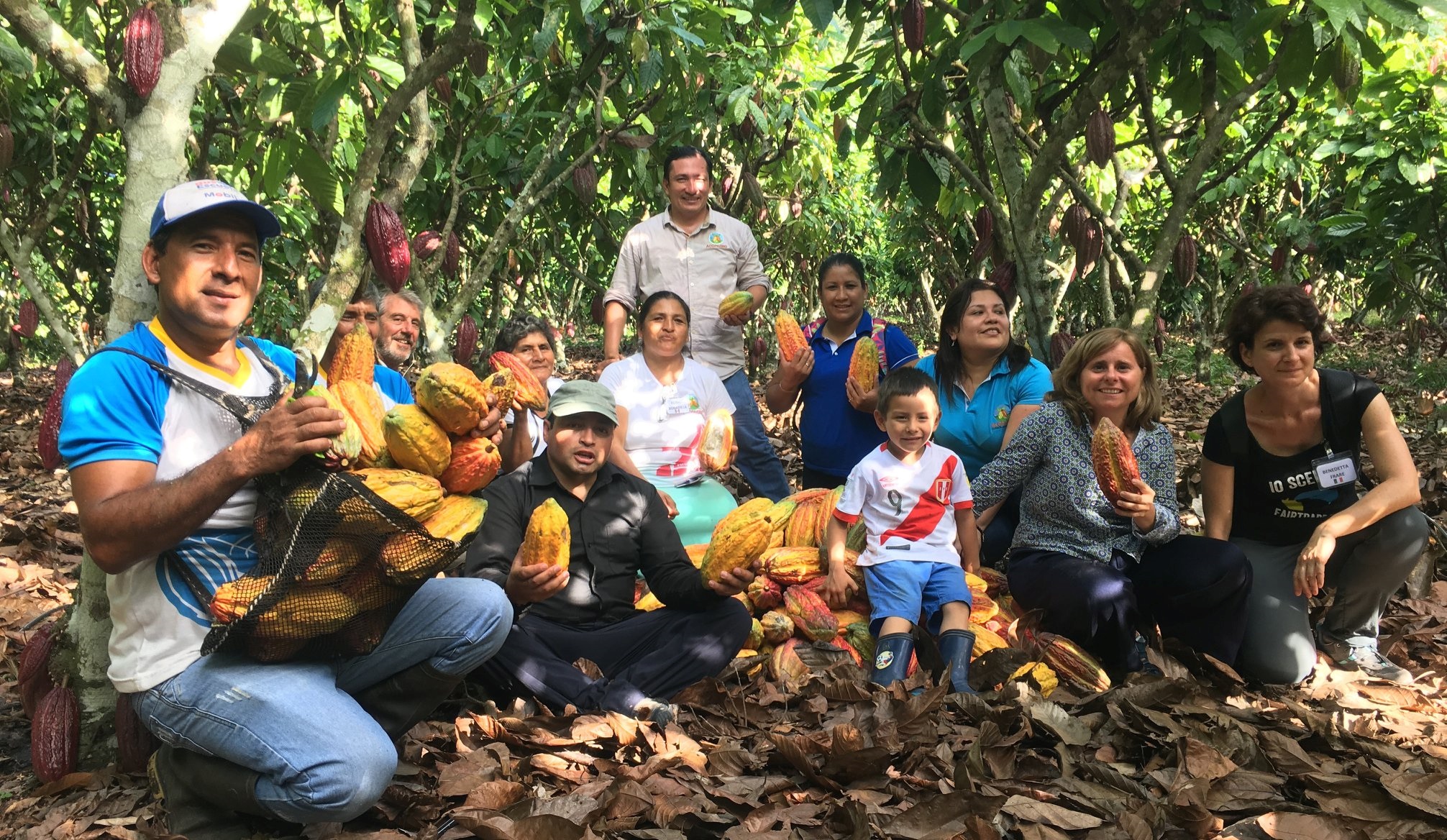
Higher Yield in Organic Cacao Farming
Peru
Using EM increased the cacao yield in organic farming in Peru. more
-
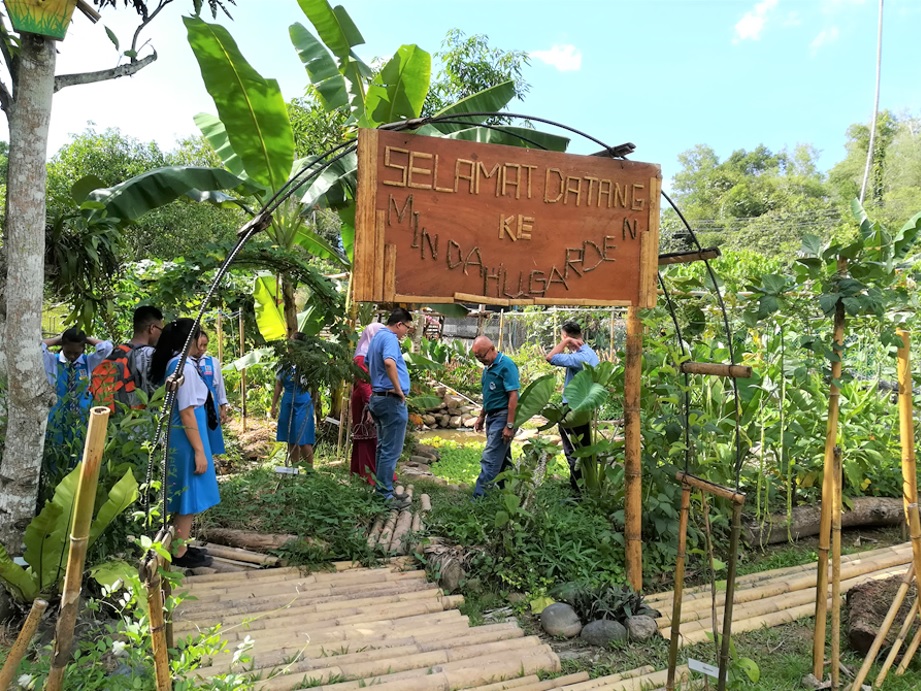
School Sustainable Gardening Competition
Malaysia
Since 2014 the Sustainable Gardening Competition for secondary school held every year in Sabah, Malaysia. Students take care of an assigned parcel of land for growing plants using EM Technology as much as sustainable and creative way they can. After about 6 months, they go under evaluation and compete against other participant schools. more
-
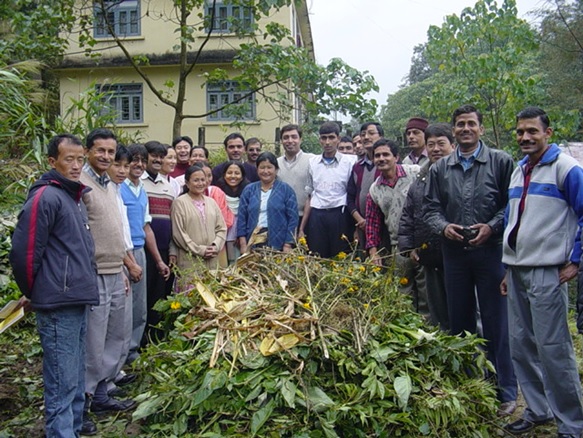
The First Organic State in the World
India
In 2003, Sikkim state in India stopped importing chemical fertilizers and launched a program to convert farmers into organic applying EM Technology. Today, Sikkim state is the first organic state in the world recognized by the Food and Agriculture Organization of the United Nations and therefore, all of its farmland is certified organic. more
-
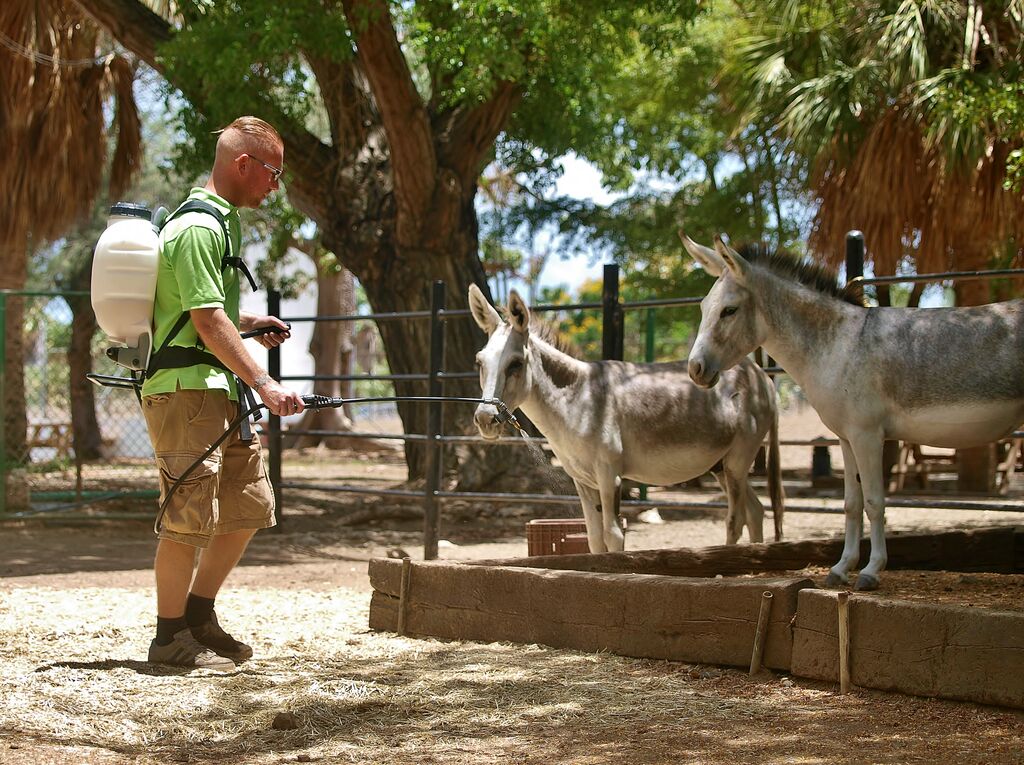
Self Sustainable Zoo
Netherlands
Curacao Zoo is known for being an eco-friendly zoo where visitors can learn and experience about animals and nature. They are using EM Technology and achieved a sustainable zoo and healthier animals. more
-
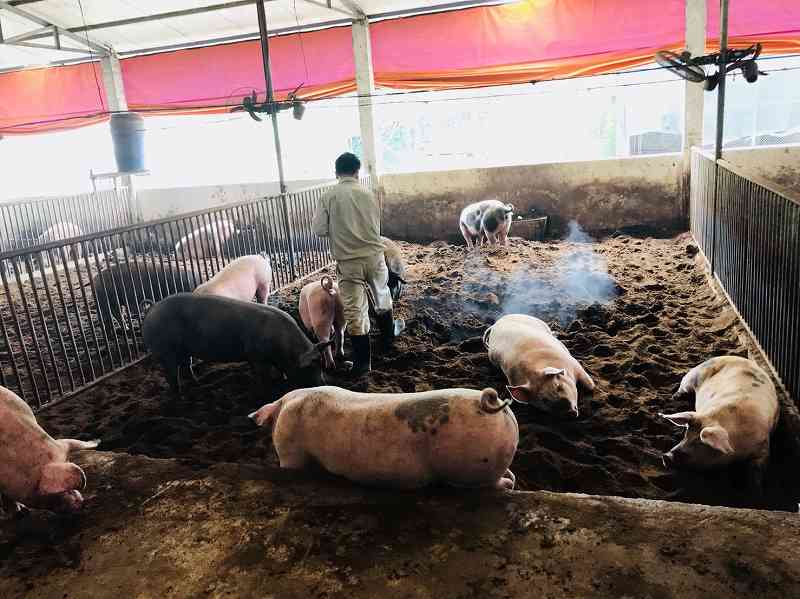
Green Sustainable Farm
Vietnam
Thuy Thien Nhu Farm in Vietnam is a cyclic sustainable farm applying EM Technology for growing pigs, chicken, vegetables and fruits.
Pigs and chicken are grown with selected EM fermented feed and manure is completely reused to make compost for vegetables and fruits cultivation.
Their products are highly trusted by Vietnamese consumers and were awarded with the "2017 Trust and Use Award". more -
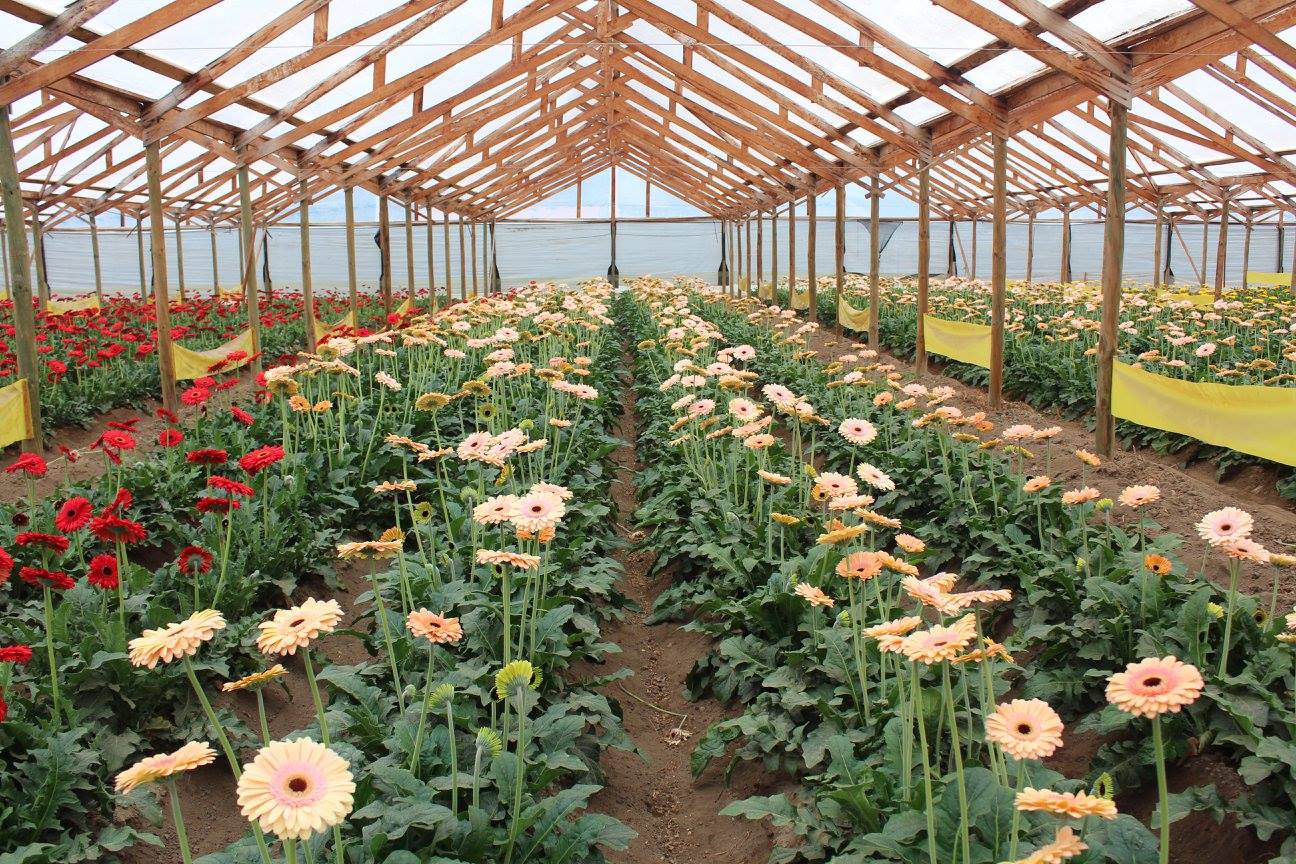
Improving Quality of Flowers
Chile
Súper Flor is a company in Chile dedicated to gerbera flower production for more than 16 years (at 2017). Applying EM Technology, they reached bigger flowers with vivid colors. Further, production increased in 45% while cost has been reduced in 75%. more
-
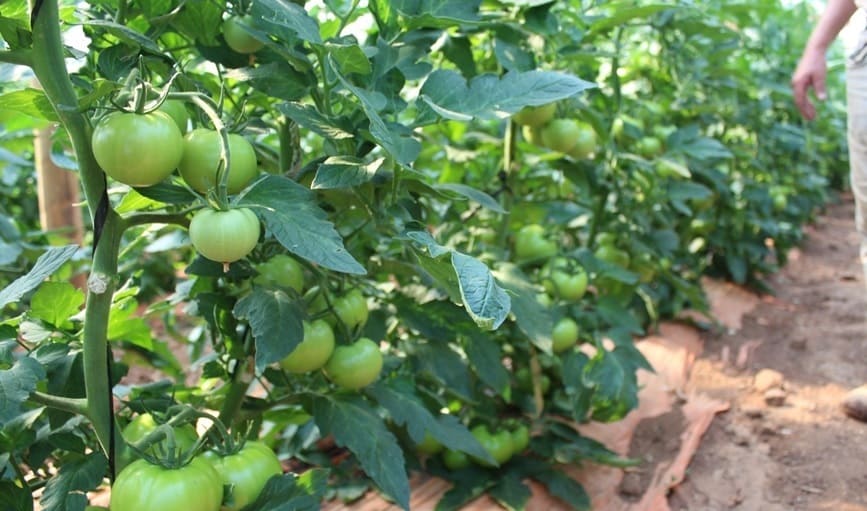
Fighting Nematode in Tomato Farming
Chile
Nematode,Fusarium and Phytophthora are disease becoming resistant year by year against nematocides and chemical products.See how this tomato farm found the solution. more
-
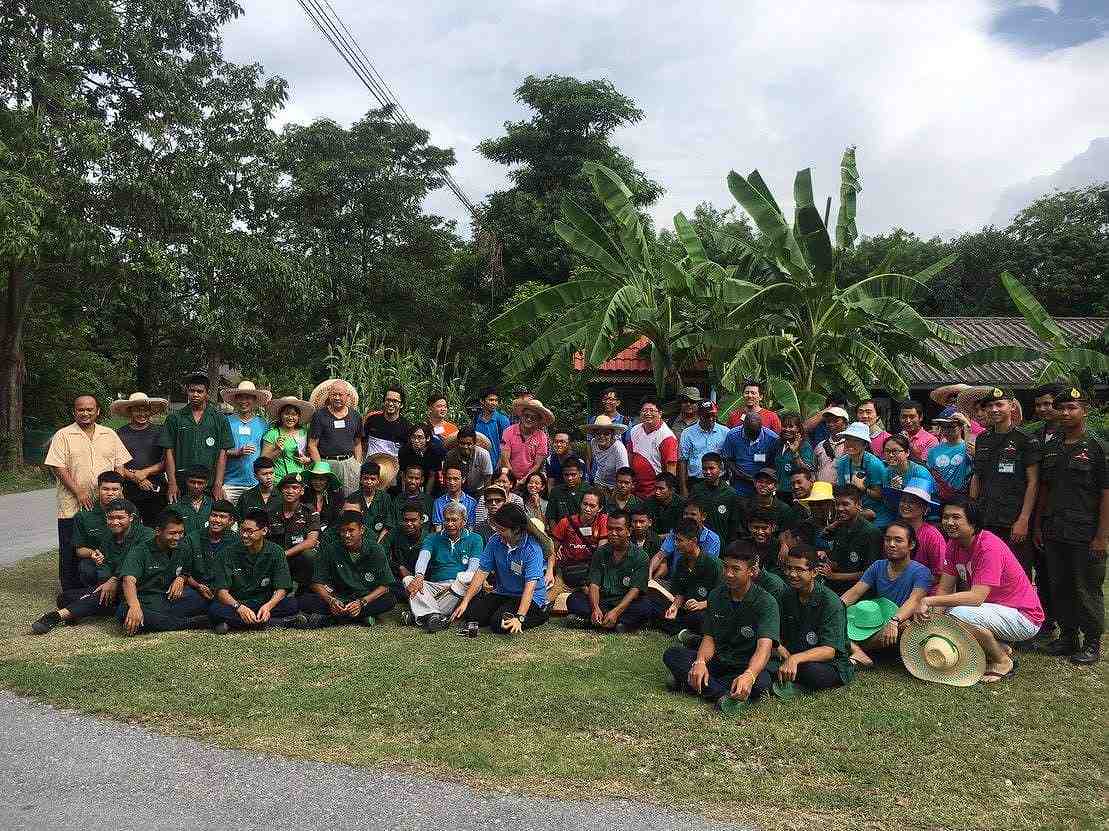
Training Center for Better Life
Thailand
Saraburi Kyusei Nature Farming Training Center in Thailand organizes training programs to extend Nature Farming and EM Technology.
They also offers workshops to support national project in promoting healthy farming.
It also has a training and demonstration model farm exclusively for Nature Farming using EM Technology. more -
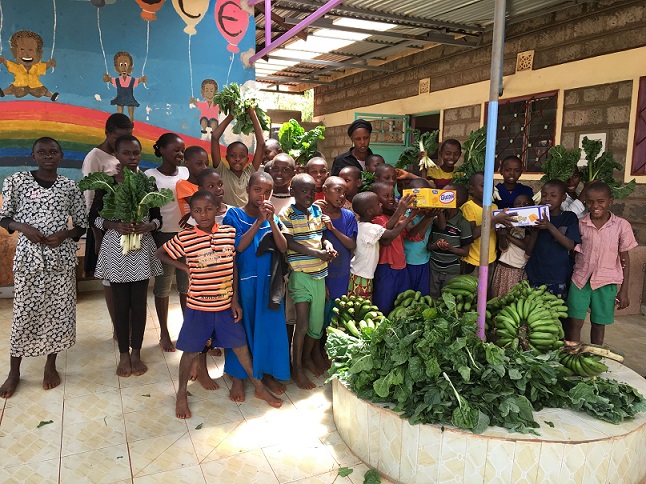
Supporting an Orphan Home Through Fresh Produces
Kenya
EM Technologies in Kenya manages a model farm where they grow EM vegetables and fruits.
Since 2016, EM Technologies donates EM vegetables and EM fruits grown on their farm to an AIDS orphan home.
Currently, 30 children who lost their parents with HIV are living in this Center. more -
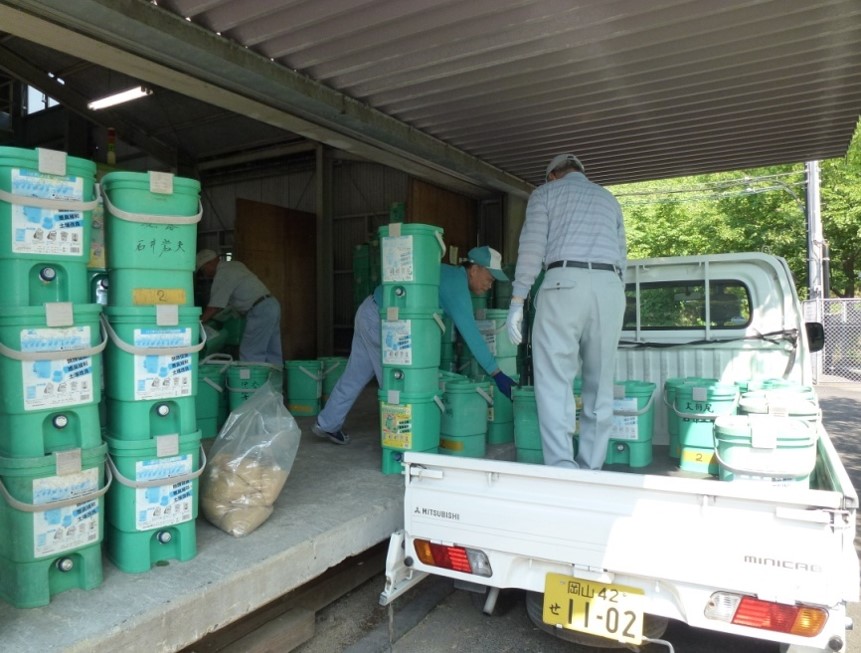
Aiming for an ecologically minded town
Japan
In Funao Town, the local government and residents are working together to make their lives more sustainable. Kitchen waste is collected from each household and processed into high quality fertilizer using EM Bokashi. more